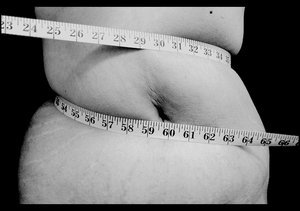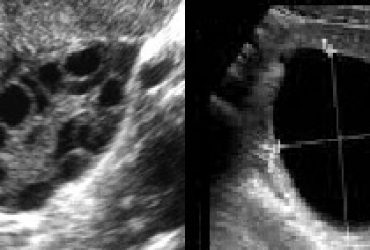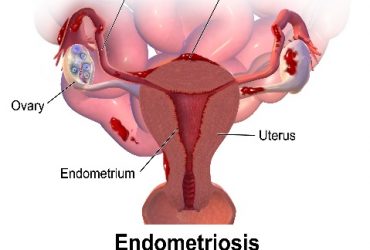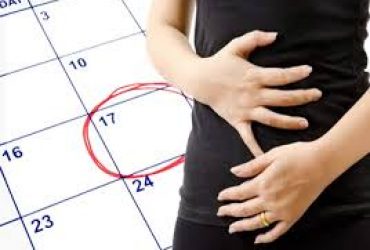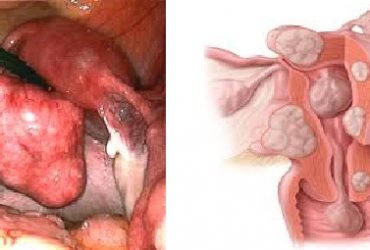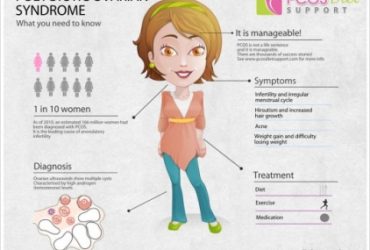Is there any relation between bodyweight and fertility?
The ovary’s regular ovulation correlates significantly with the body’s amount of fat. Every female needs a minimum weight and amount of fat to go through puberty and then to get regular menstrual cycles. Hence, some girls playing some tough sports (e.g. gymnastics, long-distance run, ballet) may get irregular cycles. The same may happen with rapid or marked increase or decrease in body weight.

Does underweight affect fertility as well?
Such problems are uncommon except with severe underweight. Most cases regain their normal menstrual pattern as soon as the bodyweight returns to normal. Please note that as long as the low bodyweight affects the ovulation and thus the menstrual rhythm as well, there will also be a reduced female hormone level, which may negatively affect the bones, heart and nervous system and may cause vaginal dryness and decreased libido.
What about the effects of obesity on fertility?
Increased amounts of body fats, especially those accumulating in the waist (abdominal obesity) may disturb the hormone balance. This may lead to poor ovulation, relative increase in male hormone levels (normally present in low amounts in any female) and may cause irregular cycles.
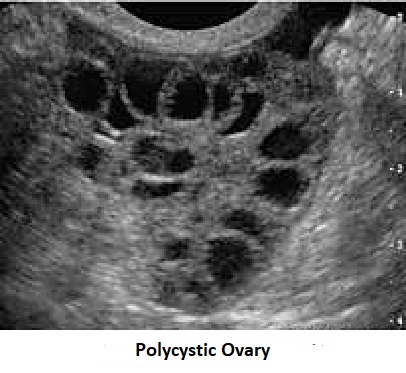
Does this happen to any obese woman?
The effects of obesity depend on the body weight, height, muscle mass, general health state, genetic predisposition, as well as the site of deposition of most of this fat. Some ladies get no complaints whatsoever, while others may develop several problems on milder weight gain. This is most obvious in cases with hypothyroidism or polycystic ovary syndrome (PCOS). The latter sometimes also runs in families and may occasionally be related to tendency to develop hypertension and late-onset diabetes mellitus. The problem may also be related to other endocrine diseases which affecting ovulation.
What are the possible effects of obesity on fertility?
Poor ovulation due to overweight may cause irregular periods, ovarian cysts, delayed pregnancy, hirsutism and may increase the risk of gynecological tumors.
It may also be related to recurrent miscarriage, pregnancy-induced hypertension or diabetes mellitus as well as higher rates of needing cesarean sections. Obesity also increases the risk of irregular or heavy periods, endometriosis and fibroids (benign tumors of the womb).

On other grounds, it increases the risk of gall bladder stones, atherosclerosis, chronic hypertension, fatty liver and deep venous thrombosis.
Should I consult my gynecologist if I have recently gained a lot of weight?
Of course, you should. Because besides diagnosing the cause of any of the previously mentioned complications, a correct diagnosis helps avoiding many complications, or reduce their effects on fertility and general health. It gives you a chance to avoid chronic diseases before they start affecting your health.
How can such problems be prevented?
Obviously, weight reduction is the cornerstone. But consulting an experienced gynecologist helps avoiding or minimizing complications of obesity, guiding the dietician regarding possible medications that may be allowed/contraindicated should you be wanting to get pregnant, and may help suggest medications which may simultaneously reduce bodyweight and increase fertility.


